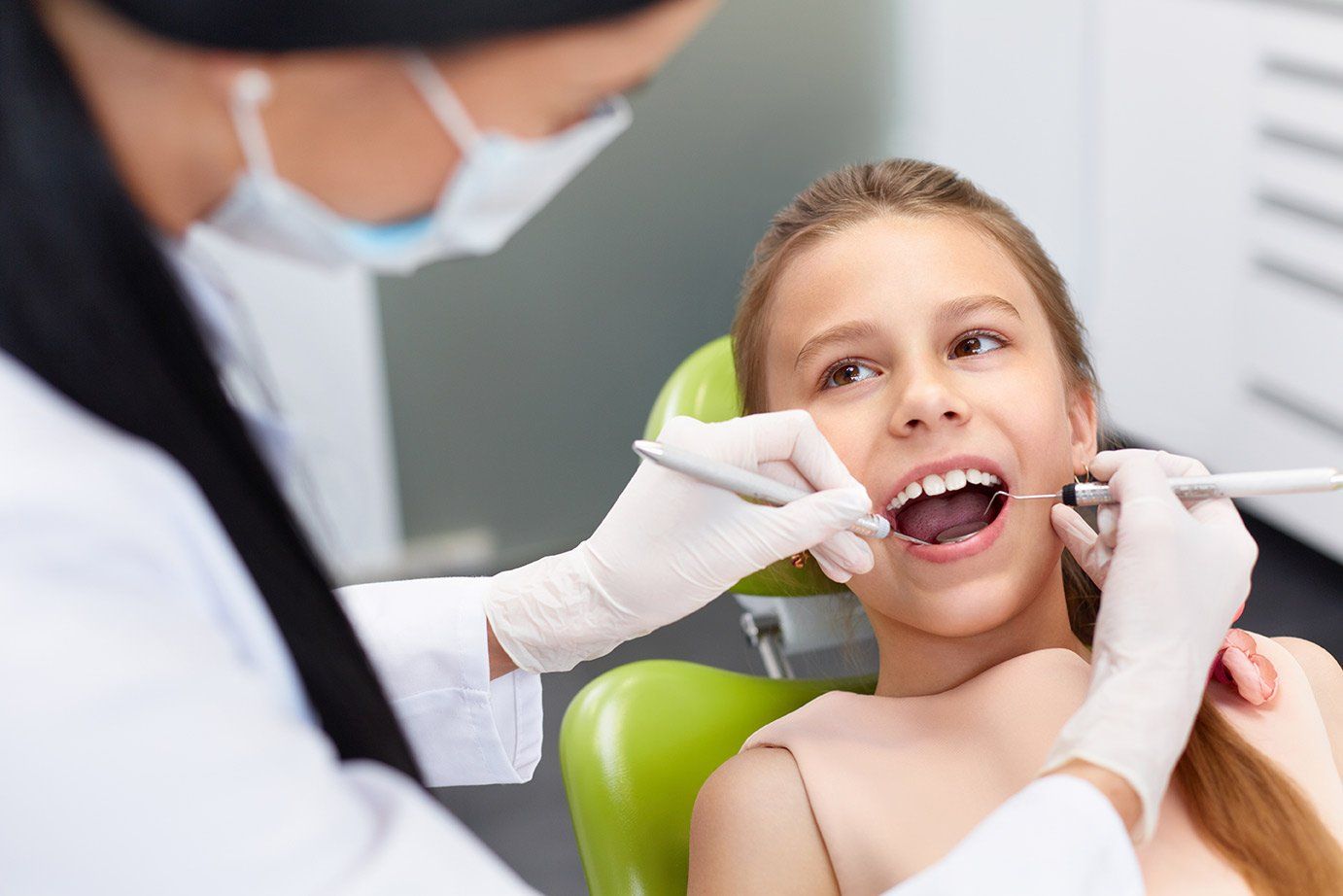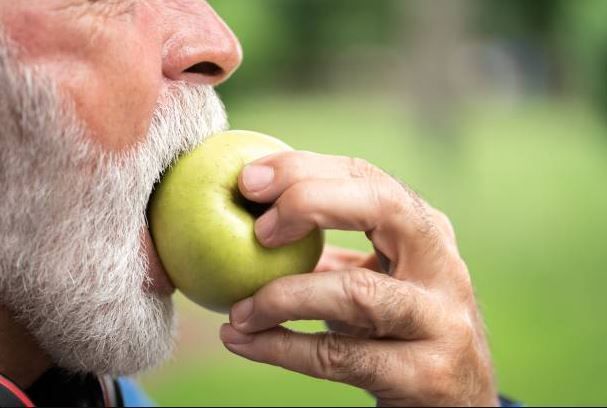Wisdom Teeth
& Extractions
We understand that the thought of having a tooth extracted can be concerning. While modern dentistry aims to prevent oral disease and preserve natural teeth, there are instances where certain teeth pose too many health problems to be retained. Our dentists specialize in providing painless and advantageous tooth extraction services.
What Is Tooth Extraction?
Tooth extraction encompasses various procedures used to remove teeth, both through surgical and non-surgical methods. Non-surgical tooth extraction, known as simple extraction, involves removing a tooth without the need for incisions in the gum tissue. On the other hand, surgical tooth extraction involves making incisions in the gums to gain proper access to all areas of the tooth for extraction.
Benefits of Tooth Extraction
You can be confident that our dentists will only recommend tooth extractions when they are necessary for your oral well-being. Fortunately, there are numerous benefits associated with tooth extractions, including:
- Relief from pain, sensitivity, and discomfort
- Creating space for restorative solutions like dental implants and bridges
- Assisting in orthodontic treatments such as Invisalign®
- Preventing the spread of infection and other oral diseases
- Facilitating proper tooth eruption
Who Needs a Tooth Extraction?
You may require a tooth extraction if you have:
- An impacted wisdom tooth
- Damaged, decayed, or overcrowded teeth
- Severe dental trauma
- A primary tooth that fails to erupt properly
- Periodontal or gum disease
Wisdom Tooth Removal
The extraction of wisdom teeth is the primary reason for tooth extractions. Wisdom teeth, also known as third molars, are the last set of permanent teeth to emerge at the back of the mouth. Typically, they develop between the ages of 17 and 25.
Although some individuals may not encounter issues with their wisdom teeth, the structure of the human mouth often does not provide enough space for them to erupt correctly.
When there is insufficient room for these molars to grow, it can result in impaction. An impacted wisdom tooth remains trapped below the gum line and may even grow at an angle or only partially emerge.
Impacted wisdom teeth can cause oral health issues such as:
- Crowding, damage, or decay in adjacent teeth
- Tooth infection
- Pain
- Inflamed or swollen gums
- Bad breath
- Cysts
While tooth impaction can occur in teeth other than wisdom teeth, it is more frequently observed in wisdom teeth due to the limited space available in most mouths. When wisdom teeth become impacted, they often require surgical extraction to avoid further complications and discomfort.
The Tooth Extraction Process
Consultation
Prior to any tooth extractions, you will undergo an initial consultation with one of our dentists. This consultation serves as an opportunity for a comprehensive evaluation of your oral health. During this examination, our dentist will carefully assess your mouth, review your medical history, discuss available sedation options, and understand your smile goals. By gathering this essential information, our dentist can make an informed decision regarding the suitability of a tooth extraction or recommend alternative treatments if appropriate.
Preparation
Prior to performing any tooth extractions, our dentist will request that you rinse your mouth to remove any debris and ensure a clean surgical area. Following this, we will administer a local anesthetic to numb the extraction site, ensuring your comfort throughout the procedure. If you have opted for in-office sedation, we will also provide that according to your preferences. In the case where you have taken a sedative at home, we will ensure that it is effectively complementing the effects of the anesthetic before proceeding with the next step of the extraction process.
Tooth Extraction
During a simple tooth extraction, your dentist will utilize specialized instruments to carefully grasp, gently loosen, and extract the tooth from its socket. In the case of a surgical tooth extraction, your dentist will make a precise incision in your gums to fully expose all parts of the tooth requiring extraction. In certain situations, additional steps may be necessary, such as removing sections of bone or dividing the tooth into smaller pieces to facilitate easier extraction. Once the tooth has been successfully removed, the area will be thoroughly cleaned and disinfected. To aid in the healing process, a sterile gauze pad will be applied to promote proper recovery.
Aftercare
Following your tooth extraction, your dentist will provide you with specific instructions tailored to your individual case. However, there are some general guidelines that our dentists typically recommend. These include:
- Attend follow-up exams: Make sure to schedule and attend any follow-up appointments as instructed by your dentist.
- Avoid strenuous activity: Refrain from engaging in vigorous physical activity for at least 24 hours after the extraction to promote healing.
- Avoid smoking or tobacco use: It is crucial to avoid smoking or using any tobacco products as they can hinder the healing process and increase the risk of complications.
- Apply a cold compress: To reduce swelling and discomfort, apply a cold compress or an ice pack to the outside of your cheek in the area of the extraction site.
- Take over-the-counter pain medication: Use over-the-counter pain relievers as recommended by your dentist to help manage any post-extraction pain or discomfort.
- Take prescribed antibiotics: If your dentist has prescribed antibiotics, ensure that you take them exactly as directed to prevent infection.
- Rinse your mouth gently: Rinse your mouth with warm saltwater solution (one teaspoon of salt dissolved in 8 ounces of warm water) or an antimicrobial mouthwash three to four times a day after meals. This helps keep the extraction site clean and promotes healing.
- Avoid vigorous rinsing, spitting, and using straws: For the first 72 hours after the procedure, avoid vigorous rinsing, spitting, or using straws, as these actions can dislodge the blood clot and impede healing.
- Be gentle when brushing and flossing: Avoid touching the surgical site while brushing and flossing your teeth. Be careful to clean the surrounding teeth gently.
Remember, it is essential to follow the specific post-operative instructions provided by your dentist to ensure a smooth recovery and minimize any potential complications.



